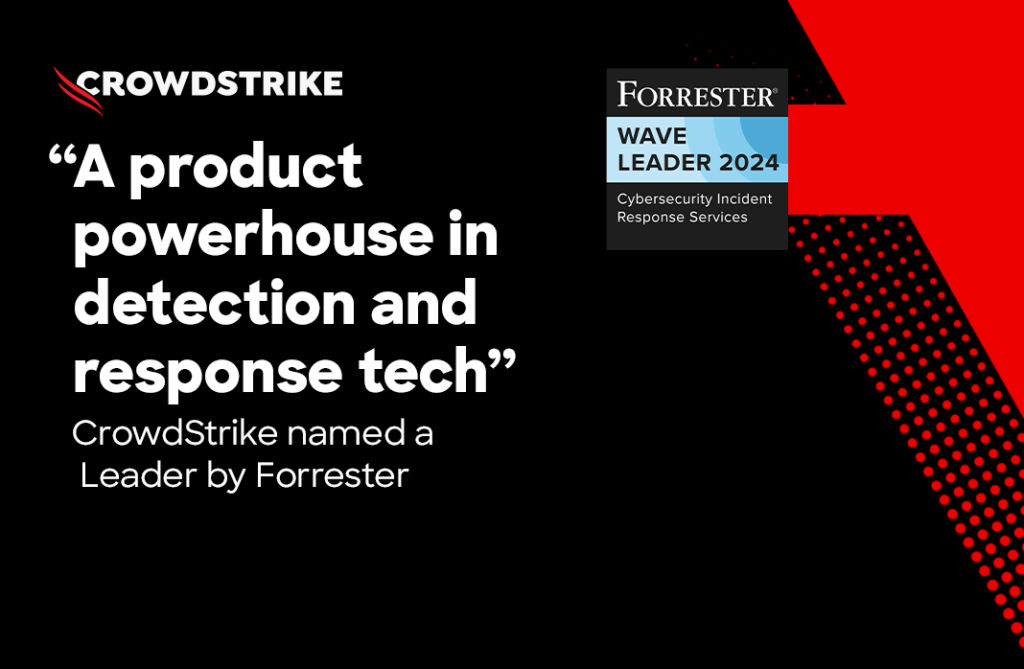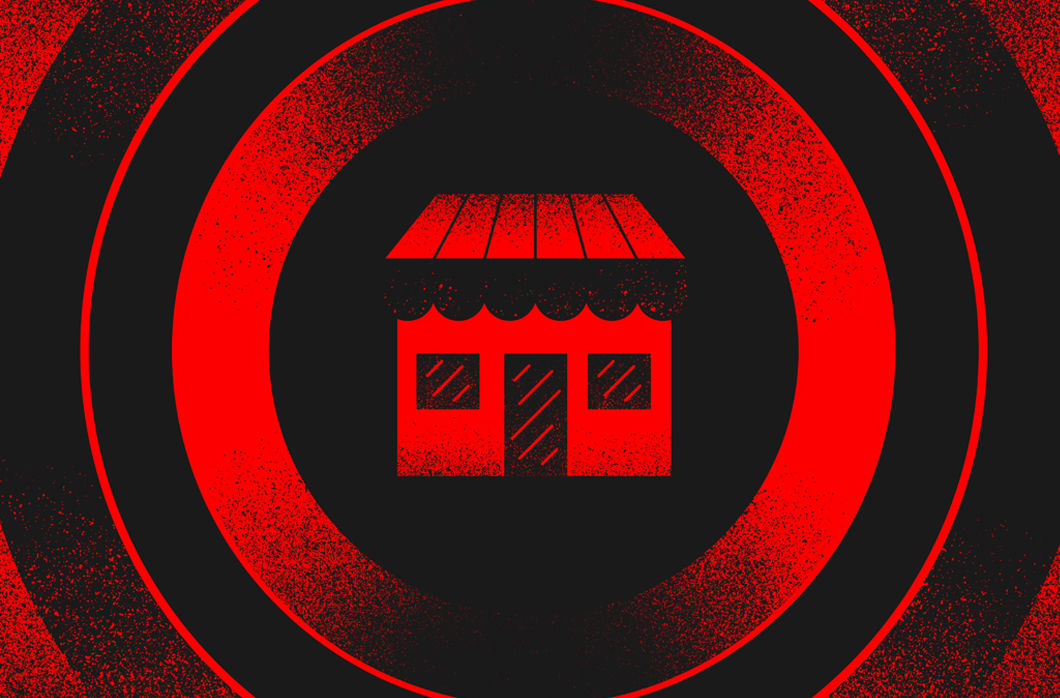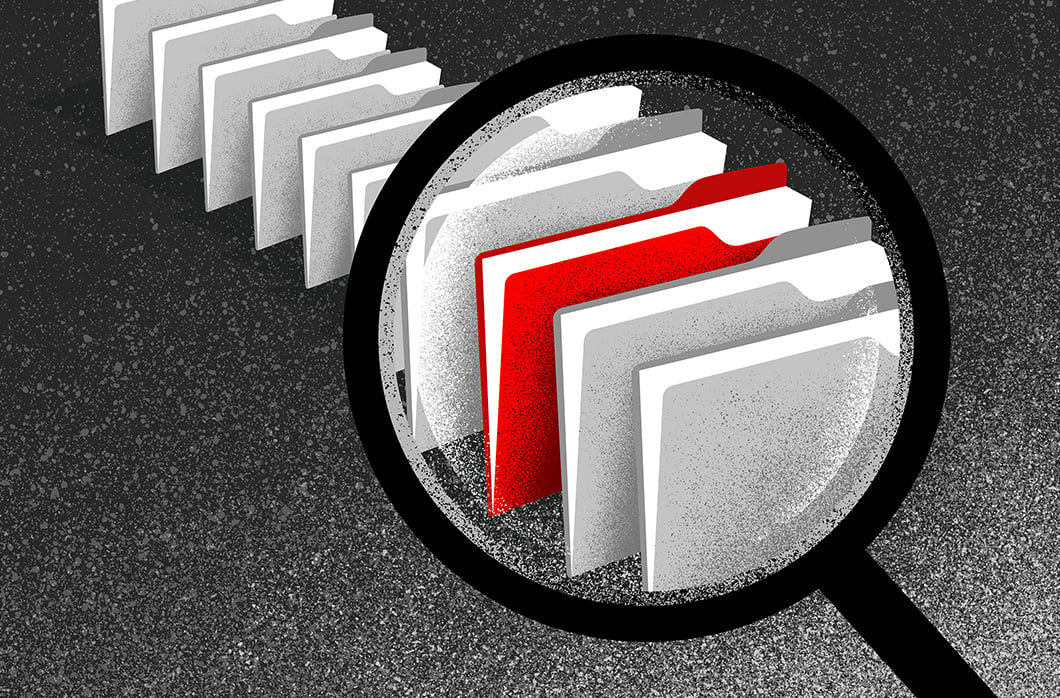A good log management solution powers observability for security, engineering, IT and compliance teams. But with so many options available, how do you choose the right one?
When evaluating potential log management solutions, start by asking these 10 questions to find the right balance of security, performance and value based on your requirements — and to reveal any limitations that could potentially hold you back.
1. How does it handle real-time searches?
Real-time searches are fundamental to every log management use case. But for vendors that bolt on real-time search capabilities rather than build them into the architecture, the results can be disappointing because doing so typically restricts the number of live searches and alerts.
To avoid performance issues, seek out log management solutions designed to handle real-time ingestion and searching from the start. Even better if they have their own streaming data engine and don’t rely heavily on indexes, which hinder real-time performance.
2. Will it support my evolving security strategy?
Ask whether the solution works with the data you’d like to monitor, both now and in the future. For example, if you’re an AWS customer, you’ll want a log management solution that can import CloudWatch data, even if you don’t use that data now. It’s also smart to choose a tool that can ingest both structured and unstructured data, as that provides the most flexibility for the future.
3. Is it easy to search log data?
If a solution is difficult to use, few people will use it. To maximize usage, a log management tool should have an easy-to-use query language and simple user interface. Newer log management products tend to offer a more streamlined interface than legacy options, which are typically cluttered from all the functionality added over the years.
4. Is an unlimited ingest plan available?
Optimizing your security and application performance starts with ingesting all the log data from your systems. You can’t have true observability without this. To reach the state where your team can explore unknown unknowns, choose a log management tool priced in a way that encourages you to log everything. Modern solutions have unlimited ingest plans that make it feasible to log all your data.
5. Does data have to be indexed before it’s searched?
Traditional log management solutions use indexes to optimize the search of historical data. This unfortunately slows down data as it arrives because it adds extra steps before the data is available to search and alert. Users who need streaming live data, such as security analysts or application developers, should seek out index-free log management options that use a time-series database architecture to reduce upfront processing time and provide near-instant access to incoming data.
6. How much maintenance is required?
If a solution requires too much upkeep, administrators may stop performing certain maintenance tasks, making it only partially functional. This issue plagues both open source and paid solutions. Search for a solution with minimal maintenance requirements. Asking about indexing is a helpful place to start. If the solution requires heavy indexing, it likely requires more resources and configuration time to maintain. Index-free solutions, by comparison, typically require significantly less maintenance time.
7. How can I visualize streaming data?
The better a tool processes and visualizes data, the faster you can detect trends, spot problems and share information. Look for a solution with a streaming engine that updates charts immediately when data arrives. A quality log management option provides time charts that enable viewers to monitor performance drop-offs and replace or fix underperforming infrastructure before it fails entirely.
8. How much does it compress my data?
Traditional log management systems may not compress data at all. With heavy indexes, they can actually require more storage than the original logs.
Modern log management compresses data by 5-15x on average, which helps:
- Reduce compute, storage and transfer resources
- Accelerate search
- Allow longer data retention of historical data
The better the data compression technology, the longer data can remain in active memory, leading to faster search results due to smaller files and less data transfer from disk. When data is compressed, it also reduces the amount of storage space required, reducing costs for organizations that need to keep data stores for months or even years.
9. What’s the total cost of ownership?
Licensing costs are generally easy to obtain from vendors; however, server costs, maintenance costs and training costs can be less straightforward. In other words, a product that looks affordable at first may end up breaking the budget.
Solutions with advanced compression technology, for example, are usually cheaper because the more data is compressed, the less hardware is required to store it, and the cheaper it is to transfer data across a cloud network. Maintenance costs are less obvious but become apparent when your team is spending several hours a week configuring the solution.
Look for modern log management solutions with a streamlined UX that’s easy to configure and won’t require expensive training courses to use it. A good way to determine ease-of-use is to have your engineers try a free trial.
10. What will my costs look like several years from now?
Log management options that look affordable today may become unaffordable as data volumes increase, thus raising licensing costs, hardware and storage costs, training costs and the cost of adding more staff to manage the software.
To avoid being priced out of a solution, choose one that minimizes maintenance and hardware costs from the start, and provides predictable prices as data requirements grow.
Log Management for the Modern Enterprise
CrowdStrike Falcon® LogScale is a modern log management and observability solution. Purpose-built for today’s IT environments, Falcon LogScale checks all the boxes for next-generation log management: petabyte scale, real-time search, intuitive search language and advanced data compression.
Put simply, Falcon LogScale makes it easy and affordable to log everything and search your logs with unrivaled speed and scale. In addition, Falcon LogScale offers a low total cost of ownership with no hidden fees. The technology scales as you grow, remaining affordable even as you move to unlimited logging.
Want to compare the cost of Falcon LogScale to other log management solutions? Check out the Falcon LogScale Infrastructure Savings Estimator.
Additional Resources
- Try Falcon LogScale for free with the Falcon LogScale Community Edition.
- Contact us to schedule a personalized demo of Falcon LogScale.
- Listen to a Twitter Spaces episode on the Total Economic Impact™ of CrowdStrike Falcon LogScale to learn the benefits and cost savings of Falcon LogScale.
- Visit the Falcon LogScale product page to learn more.




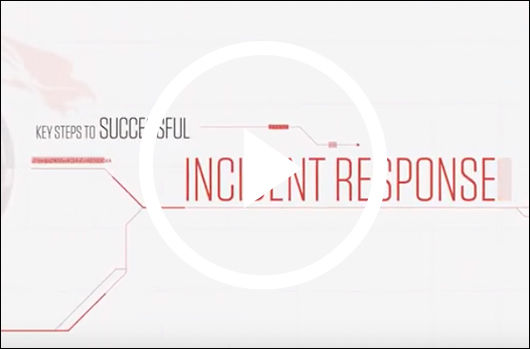
![Helping Non-Security Stakeholders Understand ATT&CK in 10 Minutes or Less [VIDEO]](https://assets.crowdstrike.com/is/image/crowdstrikeinc/video-ATTCK2-1)
![Qatar’s Commercial Bank Chooses CrowdStrike Falcon®: A Partnership Based on Trust [VIDEO]](https://assets.crowdstrike.com/is/image/crowdstrikeinc/Edward-Gonam-Qatar-Blog2-1)












